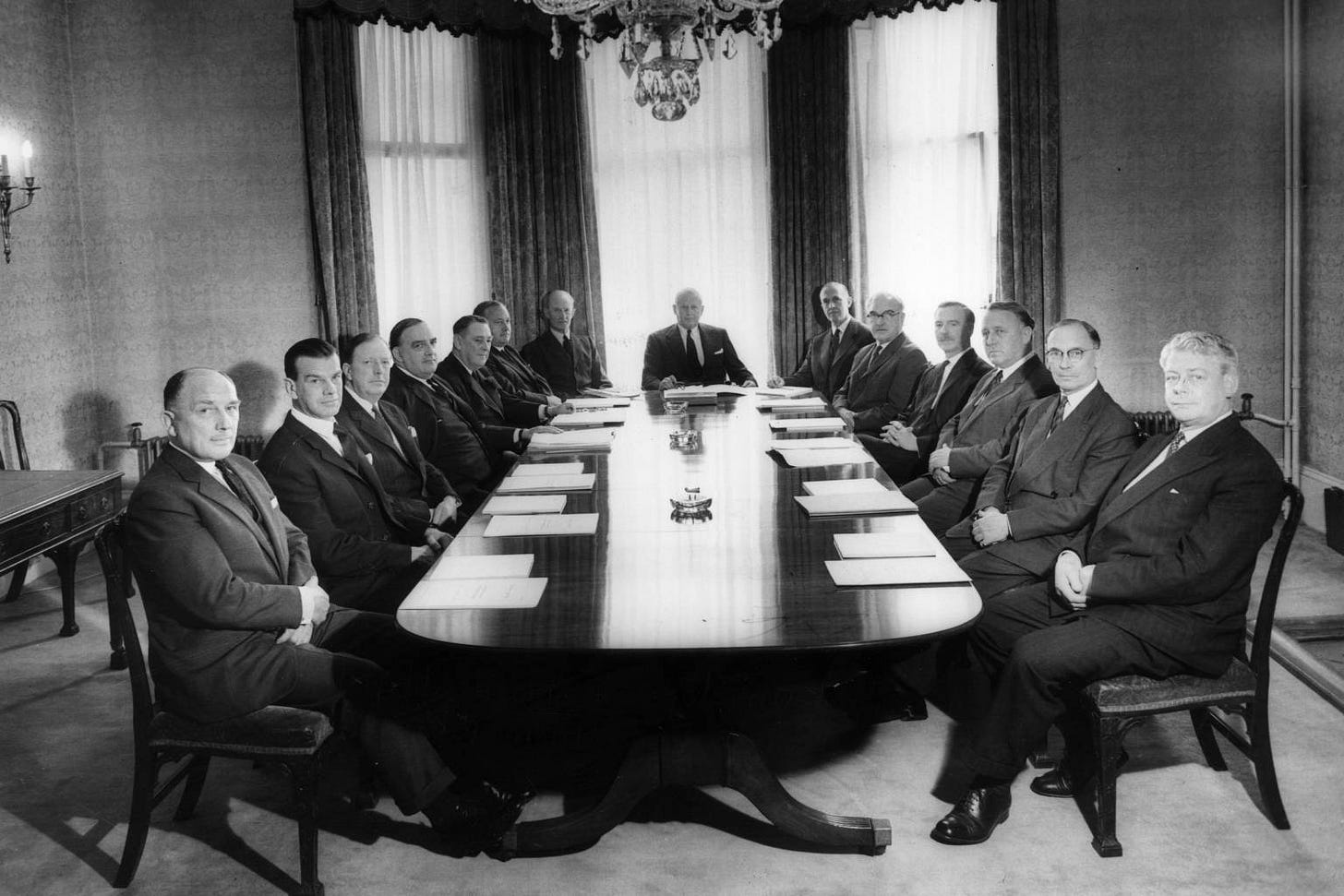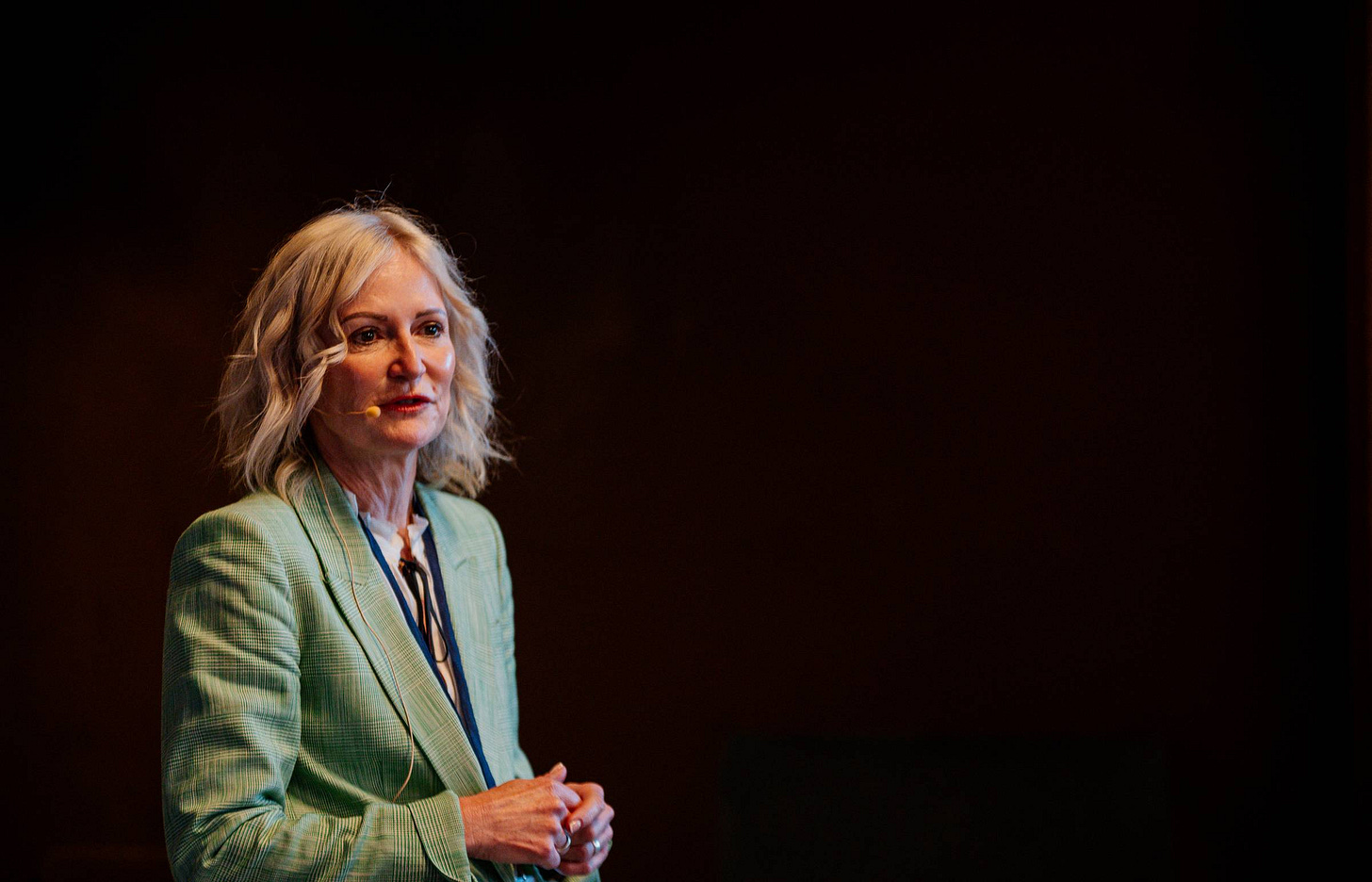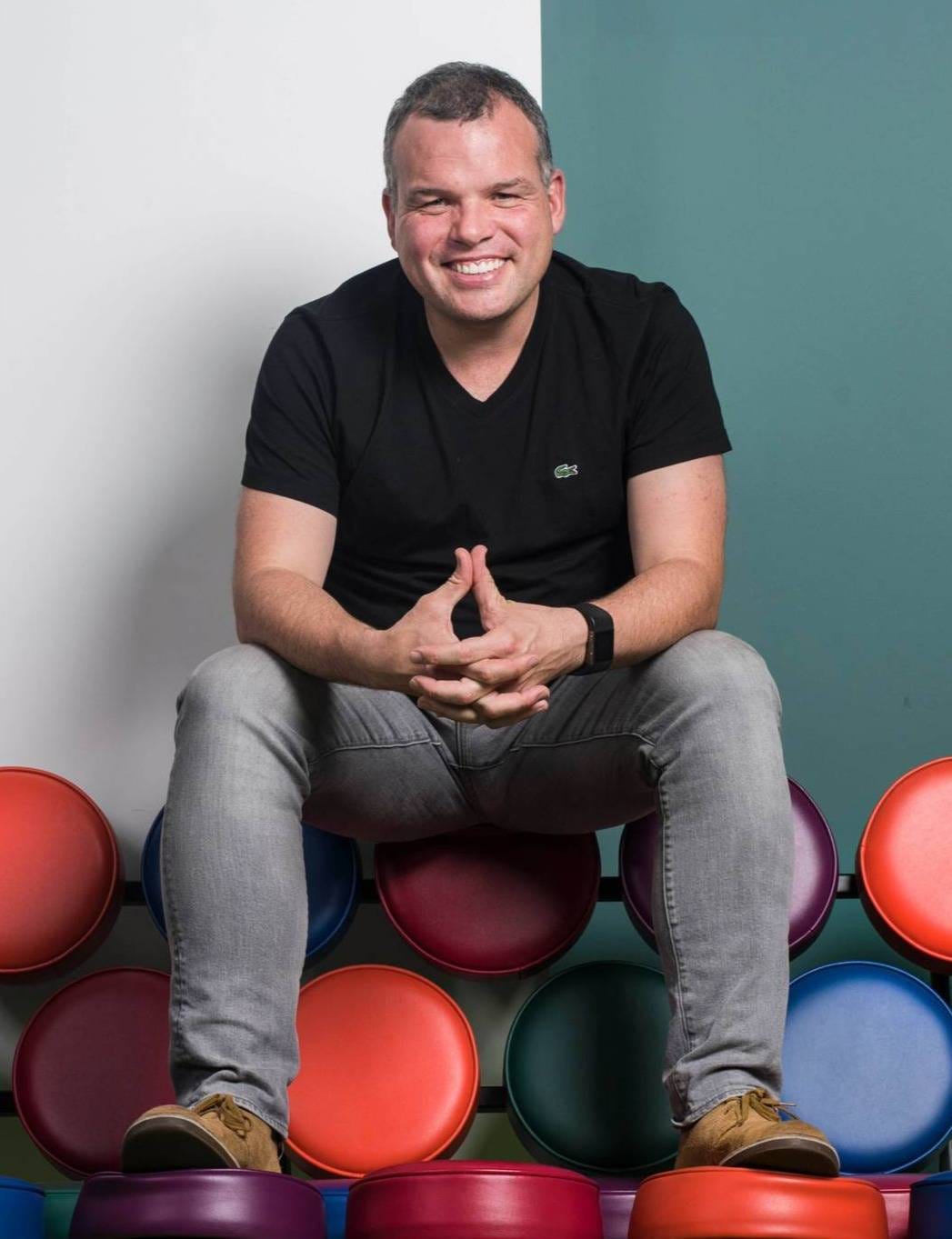Sunday Signal: SYSTEMIC BIAS, SCREENTIME & THE COST OF STAYING SILENT
Welcome to The Sunday Signal — a weekly look at how ambition, innovation, and identity collide to shape the future. Issue #3 11 May 2025
⏱️ 5 min read
Welcome to The Sunday Signal — a weekly look at how ambition, innovation, and identity collide to shape the future. Beyond the headlines, I explore what’s really shaping outcomes and who gets left out. This week: how social media is redesigning childhood in real time, why female founders still get just a sliver of the capital they deserve, and what I took away from a powerful night at Digital Forge in Sheffield. Different issues. Same thread: when we avoid the hard conversations, we all lose.
WHEN THE ALGORITHM MEETS A 7-YEAR-OLD
Last month, my family toyed with the idea of keeping chickens. Within hours, our Instagram feed was flooded with adverts for coops and hatchlings. We hadn’t even searched for it.
That moment of eerie algorithmic precision sparked this week’s column in The Yorkshire Post — and a deeper reflection on how tech now shapes our homes, our habits, and increasingly, our children’s lives.
A third of UK 5–7-year-olds are regular users of social media. Platforms built for persuasion are reaching children at precisely the stage when their neural pathways are still forming.
This isn’t freedom of choice. It’s engineered dependency.
The behavioural science behind the “infinite scroll” isn’t just clever — it’s predatory. And the outcomes are now measurable: the UK’s ONS reports that 48% of teenagers say social media has a negative impact on their lives. The World Health Organisation says 1 in 10 now struggles to control their use.
Governments are finally waking up. Australia is proposing a ban on social media for under-16s. Whether or not that becomes law, the intent is clear: reclaim childhood from the systems designed to monetise it.
FEMALE FOUNDERS DELIVER — SO WHY AREN’T THEY FUNDED?
The UK likes to think of itself as a startup nation. But if you’re a woman founder, it might as well be 1975.
In H1 2024, of the £8 billion in UK equity investment, just 1.8% went to female-founded teams. All-male teams got 86%.
This isn’t about pipeline.
It’s not about ambition.
It’s not about women needing to “lean in.”
It’s a broken system — and the data proves it.
Female-founded tech teams generate 35% higher returns. First Round Capital found women-led startups outperform all-male teams by 63%.
And yet, when they do get in the room, they’re asked about risk and survival. Men are asked about growth and vision.
We hear stories like Farah Kabir (HANX), asked to demo condom use in a pitch meeting. Or Lemon Fuller (Lemonade Dolls), replaced as CEO by male investors, while continuing to run the company behind the scenes.
This isn’t just sexism. It’s stupidity. Investors who ignore women are leaving money on the table. And our innovation economy is paying the price.
DIGITAL FORGE: WHY BACKING WOMEN ISN’T JUST RIGHT — IT’S SMART
At Thursday’s Digital Forge event in Sheffield, we asked:
What’s your next move? Scale, sell, or something smarter?
Founders pitched. Investors debated. And across all the noise, one message rang loudest:
“If you want better outcomes, fund more women.”
— Helen Oldham, Co-Founder, Lifted Ventures
Helen’s talk was a standout. She didn’t ask for sympathy. She made the portfolio case — hard numbers, hard truths. Inclusive capital isn’t charity — it’s strategy. Backing women de-risks portfolios, surfaces overlooked talent, and expands the kinds of innovation that actually get funded.
She also called for more women angel investors — because when women write cheques, more women get backed.
We also heard from:
– Volker Hirsch on founder exit myths
– Mike Clarke (YFM) on what funders look for
– Stephen Cardwell (Anticus Partners) on founder-led deals
– Matt Ainsworth and Carys Thompson (Shakespeare Martineau) on legal readiness
– Dr Tim Craggs (Exciting Instruments) on raising £4m from Northern Gritstone
Gary Neville led an unconventional networking session that actually worked — conversations, not just business cards.
As ever, Andy Hanselman MC’d with energy, clarity, and no-nonsense Northern wit.
The pitches were outstanding:
– NanOncolytics (Dr Faith Nutter Howard): Solving cancer drug delivery with nanoparticles
– Mater-AI (Dr Nickel Blankevoort): AI for new materials that turn waste heat into energy
– Graphene Trace (Dr Scott Dean): Smart textiles to prevent pressure ulcers
– Applatch (Samson Opaleye): Helping families reclaim screen time
Next week, we’ll be launching free membership to Digital Forge for founders, investors and allies committed to building something better. Stay tuned.
FINAL THOUGHTS: WHO GETS TO BUILD THE FUTURE?
We talk a lot about innovation in this country. But that future depends on who we invite to build it.
Right now, we’re handing children unregulated technology that hijacks attention.
We’re handing male founders nearly all the capital.
And we’re handing off responsibility for fixing it to “someone else.”
It’s not working.
Change will require action by parents, by policymakers, and by investors who finally understand that performance comes in more than one package.
Let’s be smarter than the bias.
Let’s fund the future like we mean it.
Thanks for reading,
— David Richards
David Richards MBE is a technology entrepreneur, educator, and commentator. The Sunday Signal offers weekly insights at the intersection of technology, society, and human potential.
© 2025 David Richards. All rights reserved.




